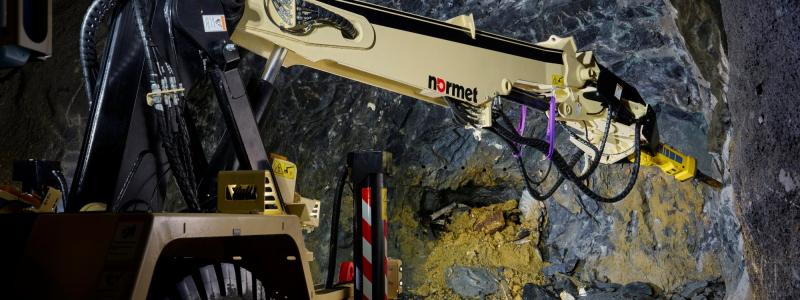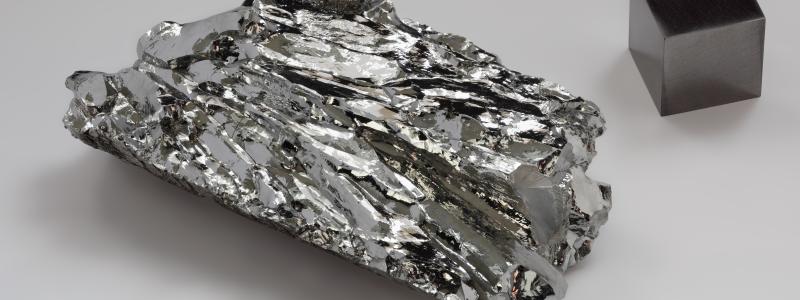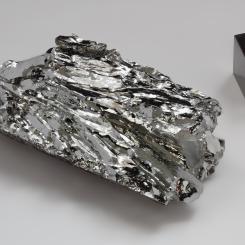Germany's reputation as a leading country in the fight against climate change is not entirely deserved, Bloomberg writes.
Due to massive investments in renewable energy, wind power and solar power, which accounts for one-third of the country's electricity production, a renewable level has reached more than twice as much as in the United States.
Germany's goal of reducing carbon emissions by 40 percent by 2020 is far more ambitious than it is for Europe or the United States. All in all, Germany is going to miss this goal with a great deal.
After the United States waived the climate agreement in Paris, Chancellor Chancellor Angela Merkel promised to act with even greater determination.
"We can not wait until the last sceptical man on earth becomes convinced of scientific evidence regarding the causes of climate change," she explained with reference to the man in the White House.
But there is another, somewhat more worrying side of the German history of energy supply:
The country still receives 40 percent of its energy from coal, a larger proportion than most other European countries. And much of it is brown coal, which is the dirtiest type of coal. As a result, says a single run of experts, Germany will not reach its 2020 target.
This dependence on coal is partly a consequence of Germany's abandonment of zero-emission nuclear power and a secondary effect that the Merkel government does not dare to bump into voters in coal mining areas. During the last electoral election, Merkel avoided mentioning the subject at all.
But now the political moment would be the right one, says German energy experts. German unemployment is the record low and thousands of new jobs have been created in the renewable energy sector, which could help affected coal miners and coal workers to move to other types of jobs. The power market is already packed, so a significant reduction in the coal power sector would not increase consumer electricity taxes in the short term.
The EU's energy trading system will in the future reduce the chronic over-supply of allowances. According to an analysis prepared by Bloomberg New Energy Finance, this new trade should help triple carbon prices to 24 euros per ton by 2020, which would be high enough to drive all European countries away from coal.
However, Merkel is not likely to enforce a reduction in carbon dependency if she again forms a government with Social Democrats, as most coal-fired workers are SPD's constituencies.
Source: Bloomberg











































































